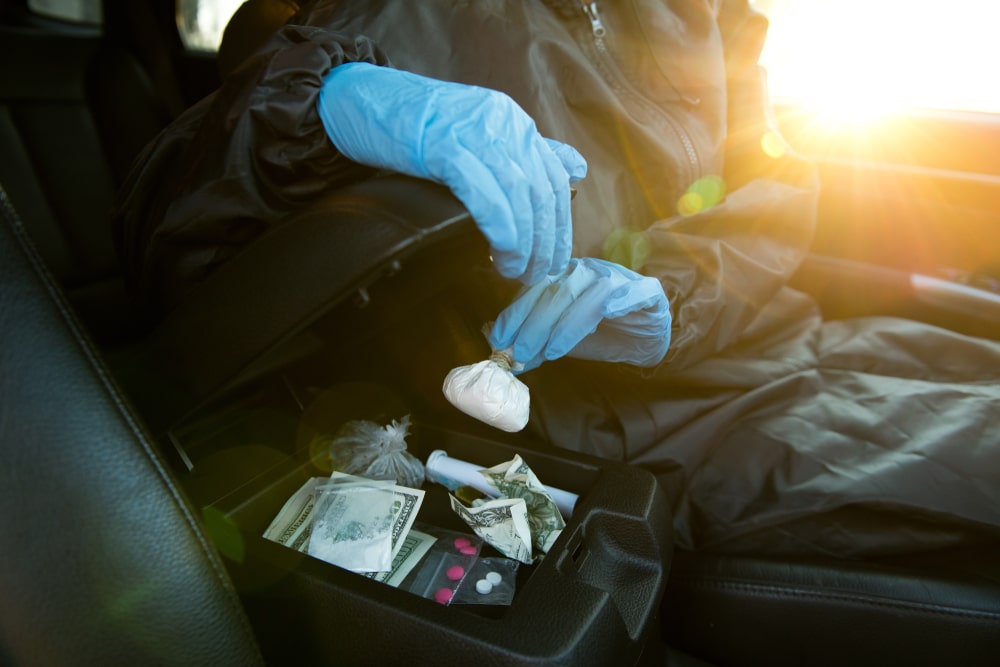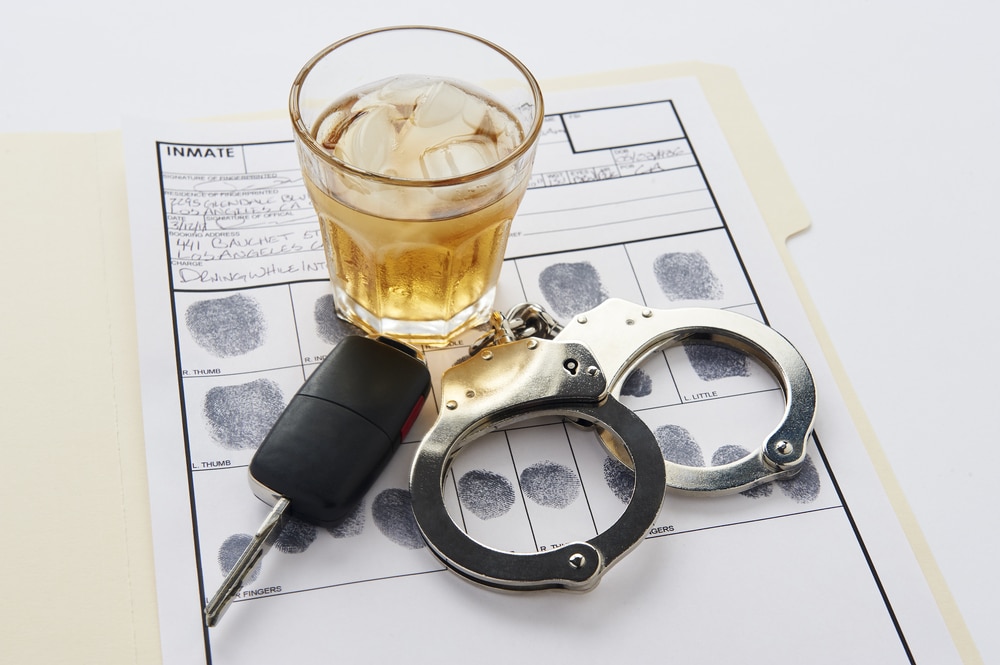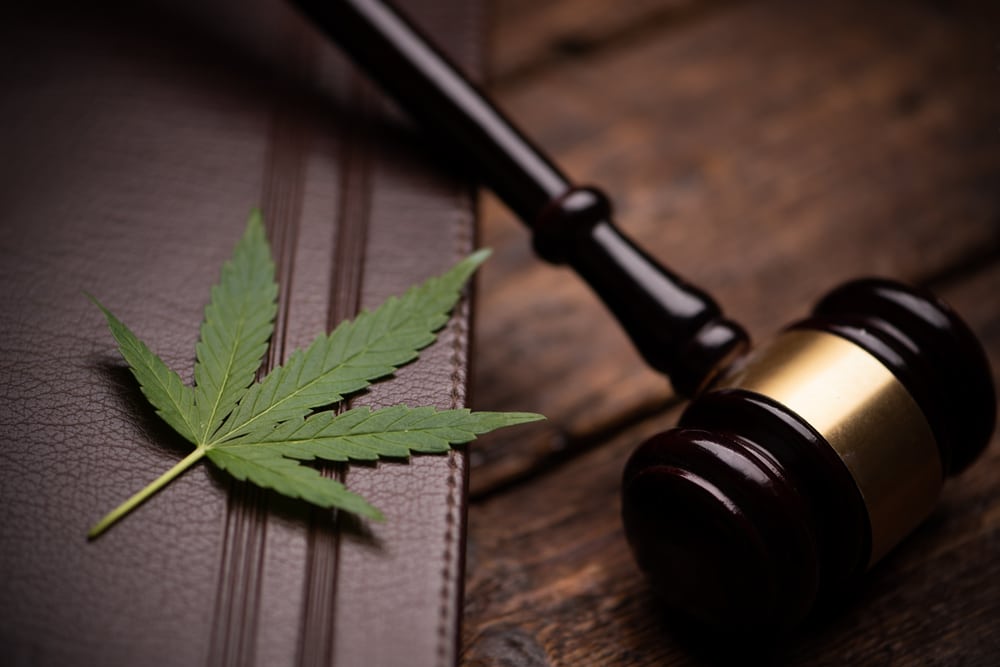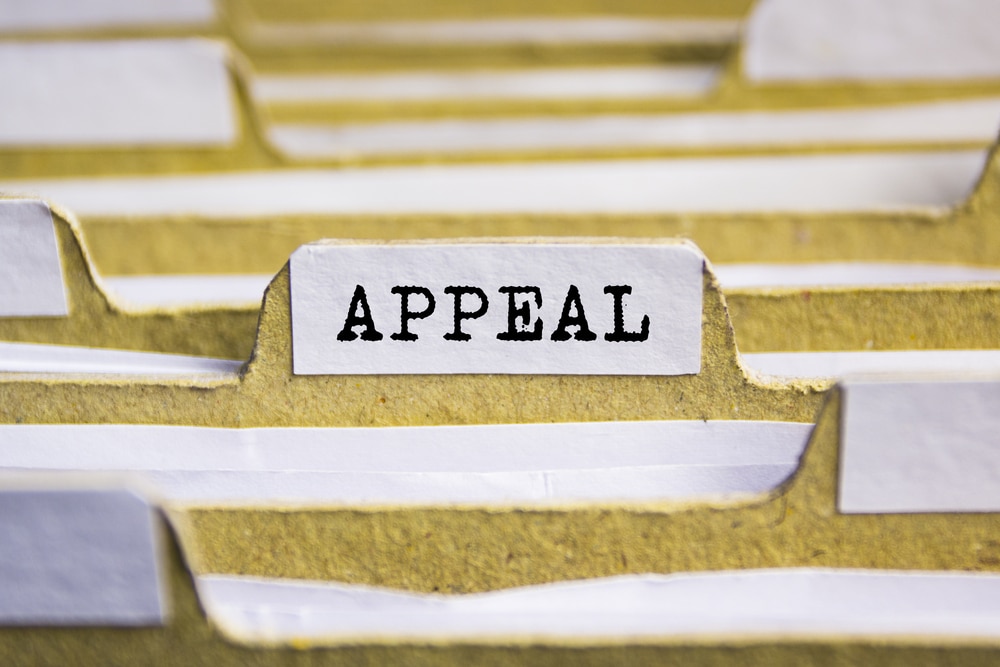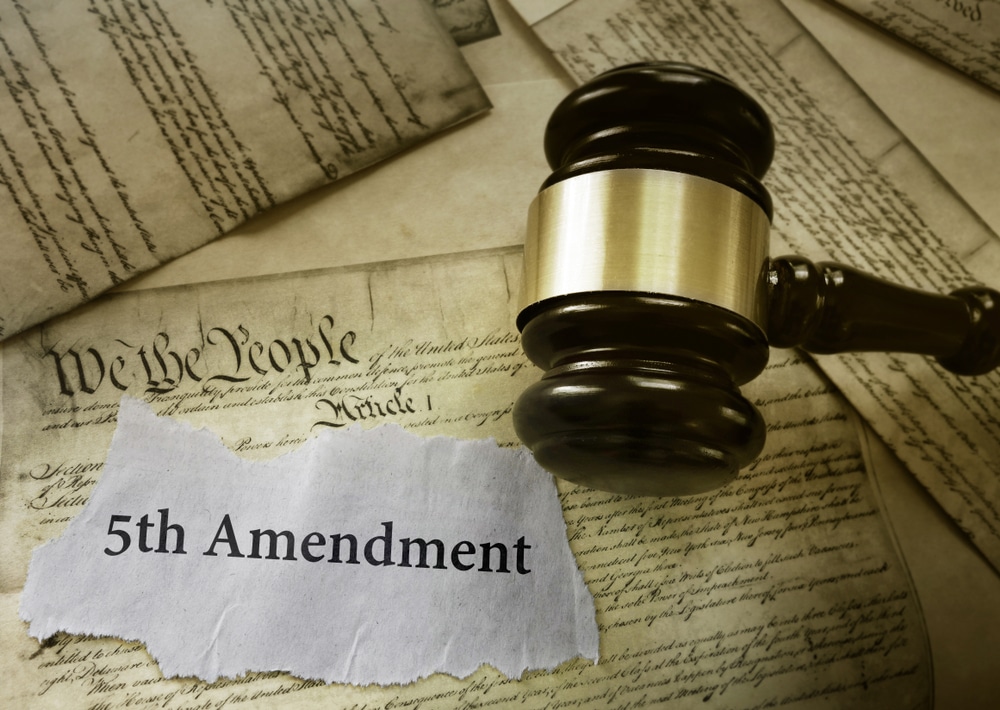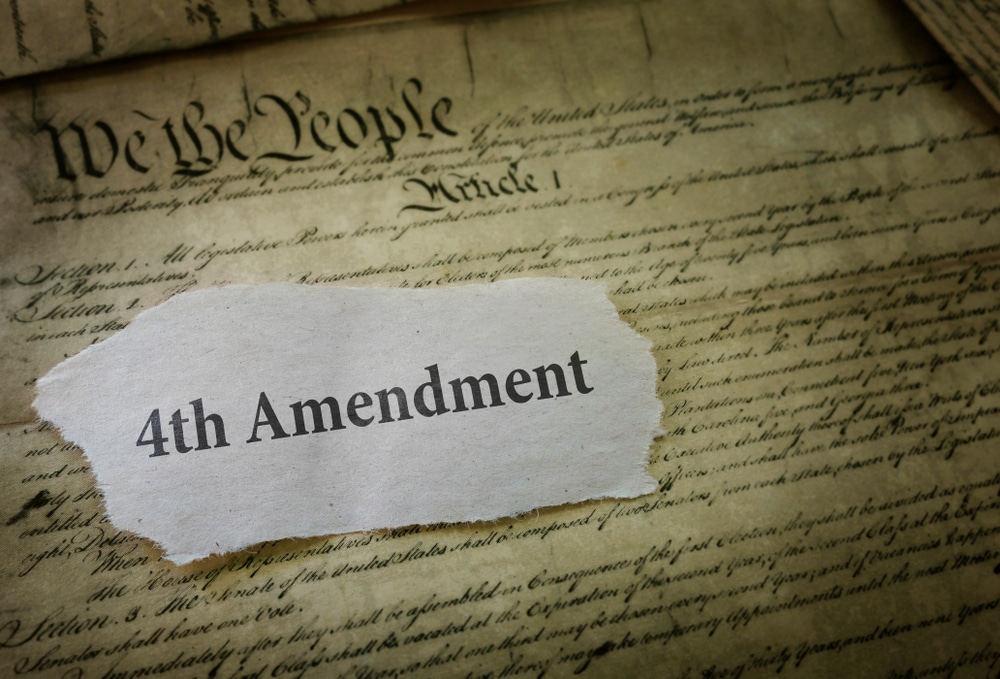Possession of a controlled substance is a serious crime in New York that can come with severe consequences. Many of these offenses are charged as felonies and can come with a lengthy prison term, steep fines, and long-term ramifications. Not only can a conviction affect your reputation and standing in the community, but it can also have a lasting financial impact on your life. If you’ve been accused of possessing a controlled substance, it’s essential to have the representation of an experienced criminal defense attorney who can fight the charges against you.
What is Possession of a Controlled Substance in New York?
Not only are drugs such as heroin, cocaine, and marijuana defined as “controlled substances” in New York — the compounds used to manufacture them are also classified as such. But regardless of the drug at issue, in order for a jury to find you guilty of the offense possession of a controlled substance, the prosecution must first establish certain elements beyond a reasonable doubt.
The prosecution must be able to show that the substance was, in fact, a controlled substance. They must also prove that you had possession of the drug. In other words, you must have had actual physical possession or could have exercised dominion or control over it. Lastly, the prosecution must demonstrate that you knowingly possessed the drug, in that you were aware of the possession. In addition, the possession must have been unlawful.
Possession of a controlled substance can mean either actual physical possession or “constructive” possession. When possession is constructive, it means that the defendant had control over the location where the drugs were discovered, or the person on whom they were found. A defendant’s physical presence is not required for constructive possession.
What is the Penalty for Drug Possession?
The penalty imposed under New York State law for drug possession can vary, based on the type of controlled substance and the amount. However, the minimum charge in these cases is criminal possession of a controlled substance in the seventh degree, which is a Class A misdemeanor that comes with a prison sentence up to one year.
Depending on the facts and circumstances, other drug possession charges can include the following:
- Criminal possession of a controlled substance in the first degree — A person can be found guilty of criminal possession of a controlled substance in the first degree when they knowingly and unlawfully possess eight ounces or more of a mixture or substances containing a narcotic. This is a Class A-1 felony that can come with a sentence of eight to 20 years in jail for a first-time offender, and a $100,000 fine.
- Criminal possession of a controlled substance in the second degree — To be found guilty of this crime, the prosecution must establish the defendant knowingly and unlawfully possessed four or more ounces of a controlled substance. This is a Class A-2 felony that can carry a sentence of three to 10 years in prison and a $50,000 fine for a first-time offender.
- Criminal possession of a controlled substance in the third degree — A defendant can be found guilty of this crime if it is proven that they possessed a narcotic drug with the intent to sell it. This is a Class B felony punishable by one to nine years in prison and a $30,000 fine.
- Criminal possession of a controlled substance in the fourth degree — This is a Class C felony that can be imposed when a defendant has been found to possess a narcotic drug in the amount of one-eighth of an ounce or more. A conviction can come with a sentence of one to five and a half years in jail and a $15,000 fine.
- Criminal possession of a controlled substance in the fifth degree — This is a Class D felony, punishable by one to two and a half years in prison and a $5,000 fine.
Repeat offenders can face enhanced penalties and longer jail sentences than those listed above can be imposed. If you have been charged with criminal possession of a controlled substance, it’s crucial to have an experienced criminal defense attorney who can assess your case and develop a solid defense strategy. They may also be able to negotiate a plea deal with the prosecution to reduce the charges against you.
Contact an Experienced New York Criminal Defense Attorney
If you’ve been accused of possession of a controlled substance, it’s critical to have a knowledgeable criminal defense attorney to guide you through the legal process and advocate for your rights. The attorneys at D’Emilia Law offer high-quality legal representation for those who have been charged with a wide variety of drug crimes and work to obtain the best possible results for every client. To schedule a consultation, contact us at 1-888-DEMILIA.

